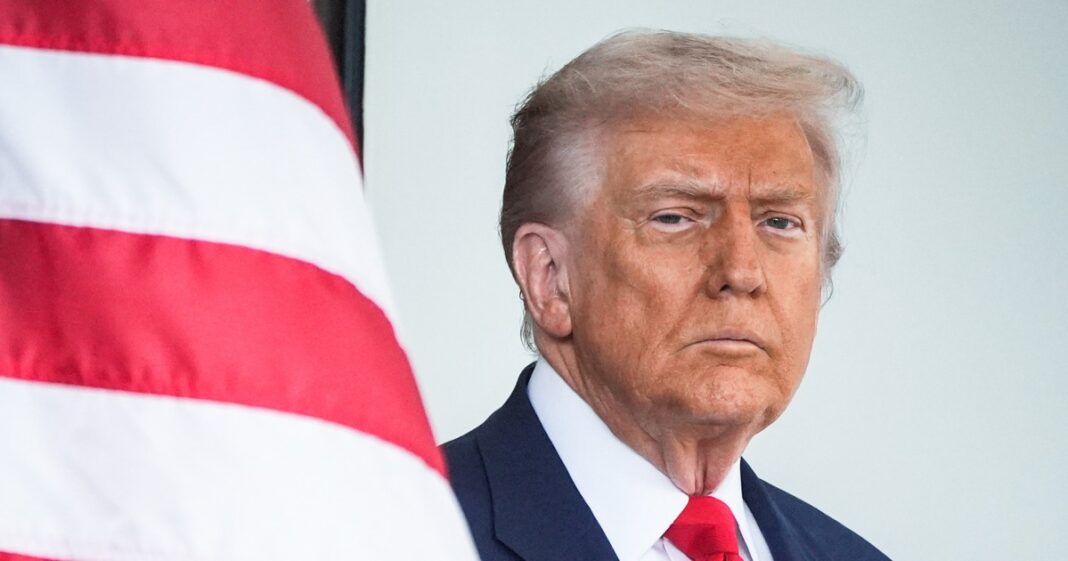Arizona Attorney General Kris Mayes Takes Action on Adelita Grijalva’s Swearing-In
Demand for Action
Kris Mayes, Arizona’s Attorney General and a Democrat, has stepped into the political fray surrounding the swearing-in of newly elected Congresswoman Adelita Grijalva. In a recent letter addressed to House Speaker Mike Johnson, a Republican from Louisiana, Mayes demanded immediate action regarding Grijalva’s status as a Congress member. The urgency expressed in her correspondence centers on the belief that delaying her swearing-in is unwarranted and detrimental to Grijalva’s representation of her constituents.
Threat of Legal Action
Mayes didn’t mince words in her letter. She articulated that unless Johnson provides “assurances” within two days that Grijalva would be sworn in, she would pursue “judicial relief,” effectively threatening legal action. This strong stance indicates the seriousness with which Mayes views the impasse, raising the stakes for both the Speaker and the broader implications of congressional procedures.
Frustration with Current Delays
The Attorney General expressed her frustration regarding what she characterized as “ever-shifting, unsatisfactory, and sometimes absurd stories” from Johnson and his staff about the reasons for Grijalva’s delayed swearing-in. This rhetoric emphasizes a growing impatience with what some perceive as procedural obstacles that could be resolved quickly.
Johnson’s Response
In response to Mayes’ demands, Speaker Johnson has maintained that the House will adhere to its customary practices when it comes to swearing in new members. Johnson reassured that Grijalva would be sworn in when the House resumes its legislative session. His statement reflects the ongoing debate over procedural norms in Congress, as well as the pressures of looming governmental responsibilities.
House Session Dynamics
Johnson’s remarks revealed his stance on the matter—he emphasized that the swearing-in process is linked to the House’s legislative schedule. He noted that Grijalva’s election took place after Congress had adjourned, creating logistical challenges for her immediate swearing-in. He pointed out the absence of family and friends in town, likening the scene to a “ghost town,” further illustrating the unique timing of Grijalva’s election.
Strategic Implications
The context of Grijalva’s situation takes on additional dimensions when considering her political objectives. Grijalva has been vocal about her eagerness to be sworn in and actively participate in legislative processes, particularly those involving significant issues, such as the release of documents related to Jeffrey Epstein. This element raises questions about whether political motivations are influencing the timing of her swearing-in, as some speculate that her vote could impact pivotal discussions on key legislation.
Political Posturing?
The tension surrounding Grijalva’s swearing-in may not be purely procedural; it also possesses strong political undertones. The accusations from Grijalva and her supporters suggest that Johnson’s delays could be fueled by strategic interests, especially given the political ramifications of her potential votes. Johnson’s rhetoric, indicating that her election timing coincided with congressional recess, suggests that he is acutely aware of the political stakes involved.
Navigating a Complicated Landscape
As the situation unfolds, the dynamics between Arizona’s Attorney General, the new Congresswoman, and House leadership hint at a more complex interplay of legislative protocols, political maneuvering, and the urgent need to address governmental operations. With Mayes pressing for immediate action and Johnson adhering to traditional congressional processes, observers are left to navigate the intricate landscape of American politics, where procedures intertwine with power plays and advocacy for constituents’ rights.
The unfolding drama raises important questions about the procedural integrity of Congress and the larger implications for democratic representation. The focus now shifts to how soon Grijalva will be able to serve her constituents and what that means for the political landscape as it stands.



